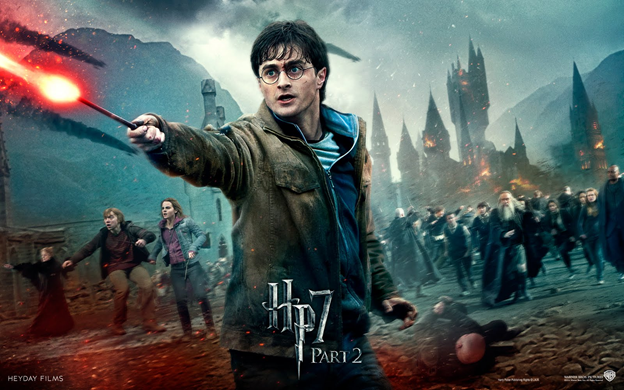A Bleak Future for the Oscars?
March 2, 2012 in Daily Bulletin

Bill Wyman writes that the people behind the Oscar’s have over the past few years been struggling with declining viewership. He argues that this is because the films that win awards are those that people don’t watch, giving audiences very little reason to tune into the Oscars. In 2007 they tried to combat this by increasing the number of films nominated for best picture from five to ten, in the hopes that the blockbusters that drew the biggest crowds would win some of the nominations. Wyman reports on the results of that initiative:
- In 2009, the year after the policy was implemented, the move was successful: the average gross of best picture academy award nominees went from about $70 million to $170 million.
- Since then however the average gross of academy award best picture nominees has fallen, reaching a low of $67 million this year – the same level it was at before the switch.
- The problem is that sequels and comic-book movies have become the most popular box-office hits, and the list of nominees would have to be expanded to much more than just 10 before the academy would be willing to consider them for best picture.
- 2011’s winner – The Artist – epitomizes this problem. It is essentially a silent film from France that has grossed just $28 million – making it the second lowest grossing film to ever win an award. (The highest grossing film of the year was Harry Potter and the Deathly Hallows – Part 2. It’d be difficult to convince the committee to consider that film for best picture.)
- Wyman concludes that there are two Hollywoods now. Those that produce movies that are deserving of Oscar’s best picture nominations, and those that pull in the crowds and generate revenues.
To read which low-grossing films spurred the committee to make the change as well how the Grammys deal with this problem, and the role that affirmative action could play, click here.
Source: Salon
Join the Discussion! (No Signup Required)